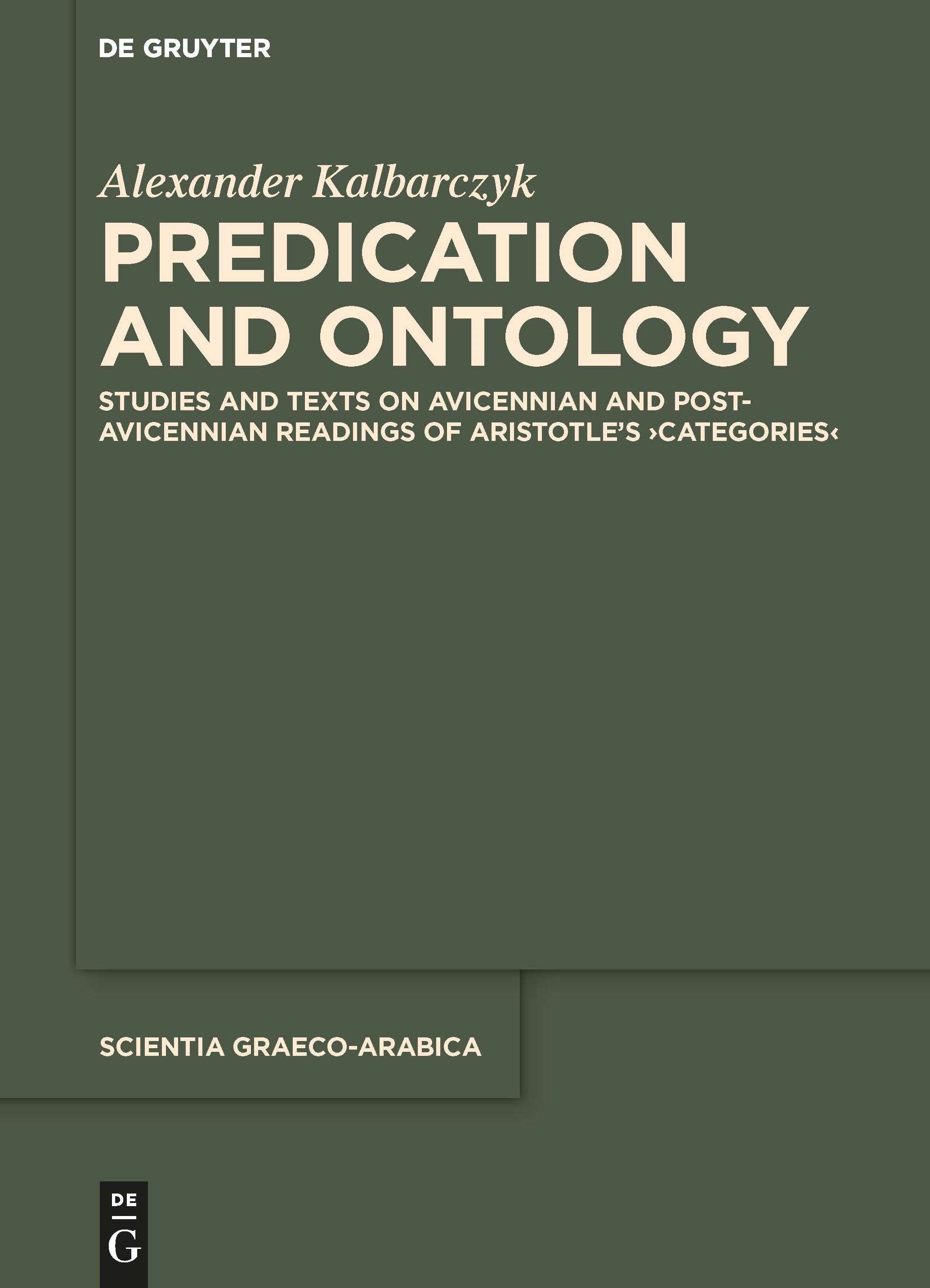
Predication and Ontology Studies and Texts on Avicennian and Post-Avicennian Readings of Aristotle’s Categories
By
Publisher De Gruyter
Pub Date 2018
Pub Location DE
Isbn 0
Course(s)
Description
Predication and Ontology constitutes the first monograph-length study of the reception of Aristotle’s Categories in the Islamic philosophical tradition. At the center of attention is the critical reappraisal of that treatise by the Persian polymath Ibn Sīnā (Avicenna). Ibn Sīnā’s reading of the Categories is examined in the context of his wider project of rearranging the transmitted body of philosophical knowledge. Against the background of the Neo-Platonic commentary tradition and subsequent exegetical efforts, Ibn Sīnā’s Kitāb al-Maqūlāt of the Šifāʾ is interpreted as a milestone in the gradual reshuffle of the relationship between logic and ontology. In order to assess the philosophical impact of this realignment, some later developments in Ibn Sīnā’s writings and in the emerging post-Avicennian tradition are also taken into account (e.g., in the works of Bahmanyār b. al-Marzubān, Abū l-ʿAbbās al-Lawkarī, Faḫr ad-Dīn ar-Rāzī, Aṯīr ad-Dīn al-Abharī, Naṣīr ad-Dīn aṭ-Ṭūsī, al-ʿAllāma al-Ḥillī and Mullā Ṣadrā). The thematic focus lies on the two fundamental classification schemes which Aristotle introduces in the treatise: the fourfold division of Categories 2 (“of a subject” / “in a subject”) and the tenfold scheme of Categories 4 (i.e., substance and the nine genera of accidents). They both pose the question of whether and how the manner in which an expression is predicated relates to extra-linguistic reality. As the study intends to show, this question is one of the driving forces of Ibn Sīnā’s momentous reform of the Aristotelian curriculum.
|